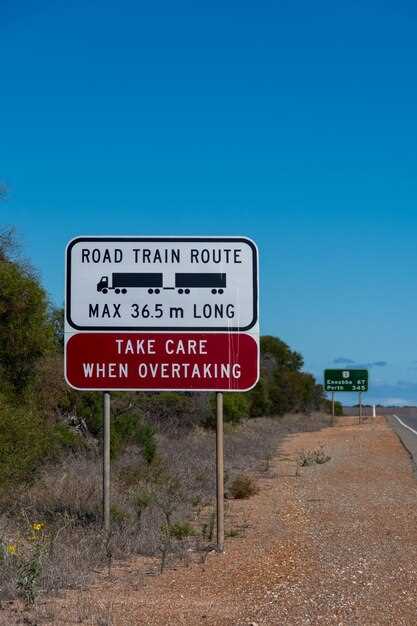Salvage Dodges encompass a diverse array of models, ranging from the rugged Ram trucks to the sporty Challenger and Charger. Despite their salvage status, these vehicles retain much of what makes the Dodge brand distinctive – bold styling, robust performance, and cutting-edge technology. Whether you’re in the market for a dependable daily driver or a project car for customization, salvage Dodges present an enticing proposition.
Benefits of Salvage Dodges: One of the primary advantages of opting for a salvage Dodge is the significant cost savings it offers. By purchasing a salvage vehicle, buyers can often acquire a Dodge model that would otherwise be out of their budget range. Additionally, salvage Dodges provide an opportunity for hands-on enthusiasts to engage in restoration projects, breathing new life into these vehicles and making them uniquely their own.
Considerations When Buying Salvage Dodges: While salvage Dodges offer undeniable benefits, there are important considerations to keep in mind before making a purchase. First and foremost is the vehicle’s salvage title, which indicates that it has been declared a total loss by an insurance company due to damage, theft, or other factors. Buyers should thoroughly inspect the vehicle’s condition and history to assess the extent of the damage and ensure that repairs are feasible.
Restoring Salvage Dodges: For those with a passion for automotive restoration, salvage Dodges present an exciting opportunity to unleash their creativity and craftsmanship. Whether it’s repairing body damage, upgrading performance components, or customizing the interior, restoring a salvage Dodge allows enthusiasts to tailor the vehicle to their preferences while learning valuable skills along the way. With dedication and attention to detail, salvage Dodges can be transformed into stunning works of automotive art.
Finding Salvage Dodges: Locating salvage Dodges for sale requires diligence and research, but the effort can yield rewarding results. Auctions, salvage yards, and online marketplaces are common avenues for finding salvage vehicles, with a variety of models and conditions available. Buyers should exercise caution and thoroughly evaluate each prospective purchase to ensure they’re getting the best value for their investment.
Conclusion: In the realm of automotive enthusiasts, salvage Dodges represent an intriguing blend of affordability, potential, and passion. While they may bear the scars of their past, salvage Dodges offer a unique opportunity to own and restore a piece of automotive history. Whether you’re drawn to the raw power of a Dodge Challenger or the rugged versatility of a Ram truck, salvage Dodges invite you to embark on a journey of exploration, restoration, and ultimate satisfaction on four wheels.




